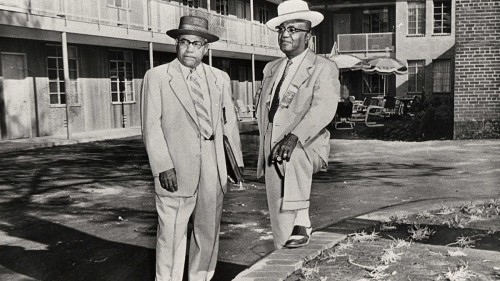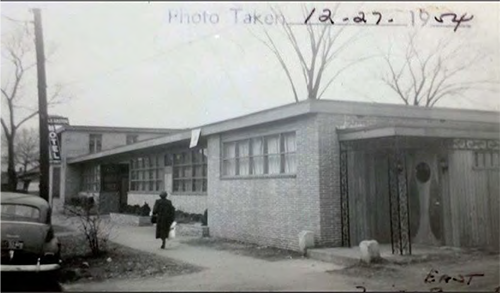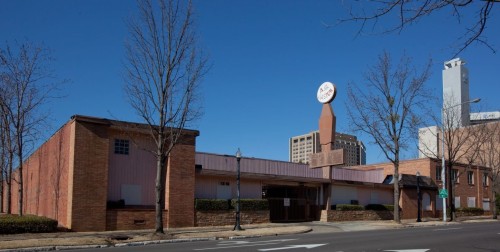#civil rights act
Remembering 14-year-old Emmett Till, who was brutally murdered on this day, August 28, 1955, by white supremacists in Mississippi. Rest in peace, Emmett.

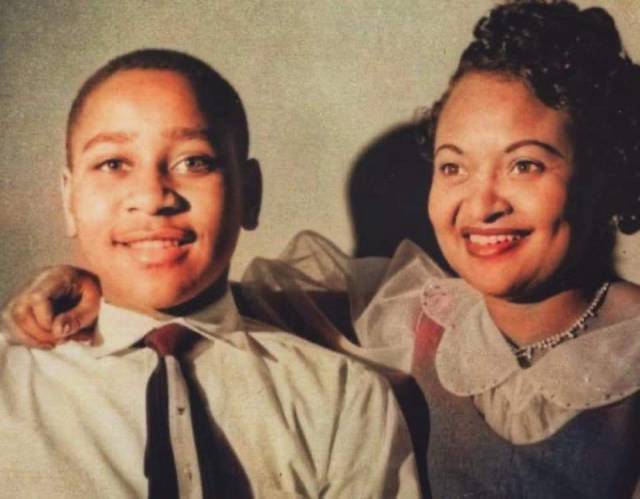
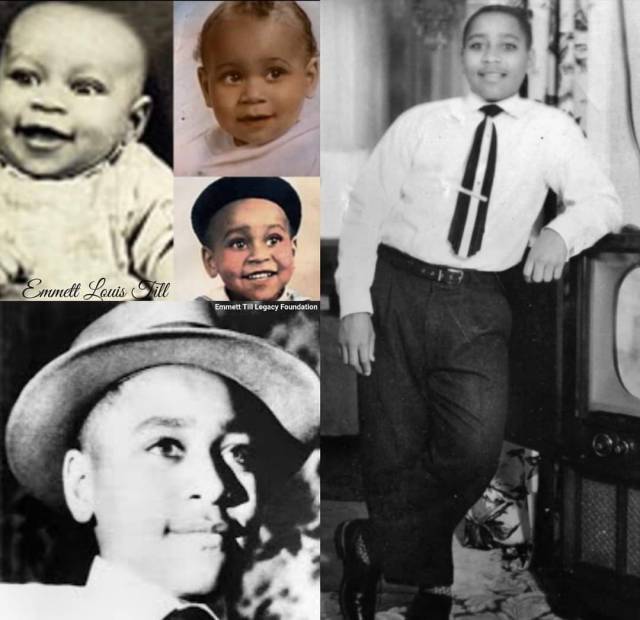
Episode 12: Playing in 70’s Detroit-4

My next door neighbors were my best friends growing up. We’ll call them Rich and Derrick. They were two other white kids. There parents had southern roots I think. They were kind of cracker-ish. Really super Scottish and into it. I remember them saying many times that they had relatives on the Mayflower, too. Like really in America for a long time.
My family only got here 100 years ago. I…
Episode 10: Playing in 70’s Detroit-2

There were nothing but empty, unused sports fields near where I lived. Right down at one end of my street was a school with a huge field with three baseball diamonds, enough room for a football game, some basketball hoops on the parking lot, all kinds of resources. They were usually mostly empty. A couple of blocks away was an elementary school with some more. It was ridiculous. Over in the…
Episode 9: Playing in 70’s Detroit

I’m going to write about myself. Things from my childhood that are positive. There are things about my personal family life that I’d never bother to write about because you’d never believe it. There’s no point. But then there are things that are indicative of my generation. Like for instance, unsupervised play. We went outside and we played and we didn’t come in till it was dark. Till the…
The A.G. Gaston Motel of Birmingham
The A.G. Gaston Motel opened in 1954, built by prominent African American businessman and entrepreneur Arthur George Gaston. As a fixture of black businesses in Birmingham, Alabama, the motel was the choice for headquarters of the local civil rights campaign that shaped the city and the nation in 1963.

Postcard of the A. G. Gaston Motel in Birmingham, Alabama, circa 1960-1969 (From a book of letters sent to Arthur Shores, prominent attorney and civil rights leader in Birmingham, Alabama. With permission of Alabama Department of Archives and History).
In Birmingham, the Alabama Christian Movement for Human Rights (ACMHR), founded by Reverend Fred Shuttlesworth in 1956, was key in organizing resistance to segregation and discrimination within the city. Encouraged by Rev. Shuttlesworth, Dr. Martin Luther King, Jr. and members of the Southern Christian Leadership Conference (SCLC) joined forces with other civil rights figures in Birmingham in 1962.
Leaders from the SCLC took up residence in the A.G. Gaston Motel from April through May of 1963, which became the focus of the Birmingham Campaign planning activities. The hotel was the site of constant activity associated with the campaign, and meetings and press conferences held regularly within the courtyard were extensively documented and broadcast by journalists.
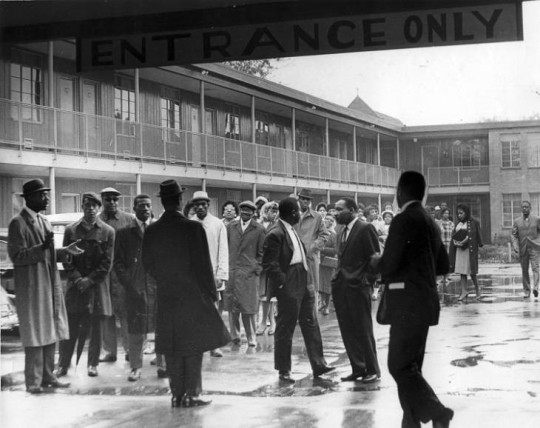
Martin Luther King, Jr. and others outside Gaston Motel in 1963 (Birmingham, Ala. Police Department Surveillance Files, 1947-1980. Collection 1125, Archives Department, Birmingham Public Library).
On May 10, 1963, the A.G. Gaston Motel was the site of the announcement of a compromise between local white business owners, city officials, and civil rights leaders. The truce addressed some of the issues in the original list of demands issued by the Birmingham Campaign. Rather than the originally called for immediate desegregation of lunch counters, restrooms, fitting rooms, and other facilities such as drinking fountains, and the hiring of more black workers, the compromise established a longer timeline to desegregate the city. The negotiations were met by a series of violent attacks, including the tragic bombing of the Sixteenth Street Baptist Church.

Sixteenth Street Baptist Church and Kelly Ingram Park (Historic American Buildings Survey, HABS AL-898, Library of Congress).
Nonetheless, efforts to desegregate the city continued slowly over the following months. These events in Birmingham created significant public pressure that helped lead to the passage of the Civil Rights Act of 1964, signed into law on July 2, 1964, by Lyndon Johnson.
A.G. Gaston modernized and expanded the motel in 1968, adding a supper club and other amenities. Business declined in the 1970s and in 1982 Gaston converted the motel into housing for the elderly, which functioned until 1996.
The City of Birmingham acquired the former motel in 2015 with the plan to incorporate it into the larger Birmingham Civil Rights Historic District. Today, the A.G. Gaston Motel is jointly owned by the National Park Service and the City of Birmingham and is a part of Birmingham Civil Rights National Monument, created to honor the nonviolent protesters that fought against discriminatory state and local laws and practices in the 1950s and 1960s.
For the full article: The A.G. Gaston Motel and the Birmingham Civil Rights Monument
Post link

